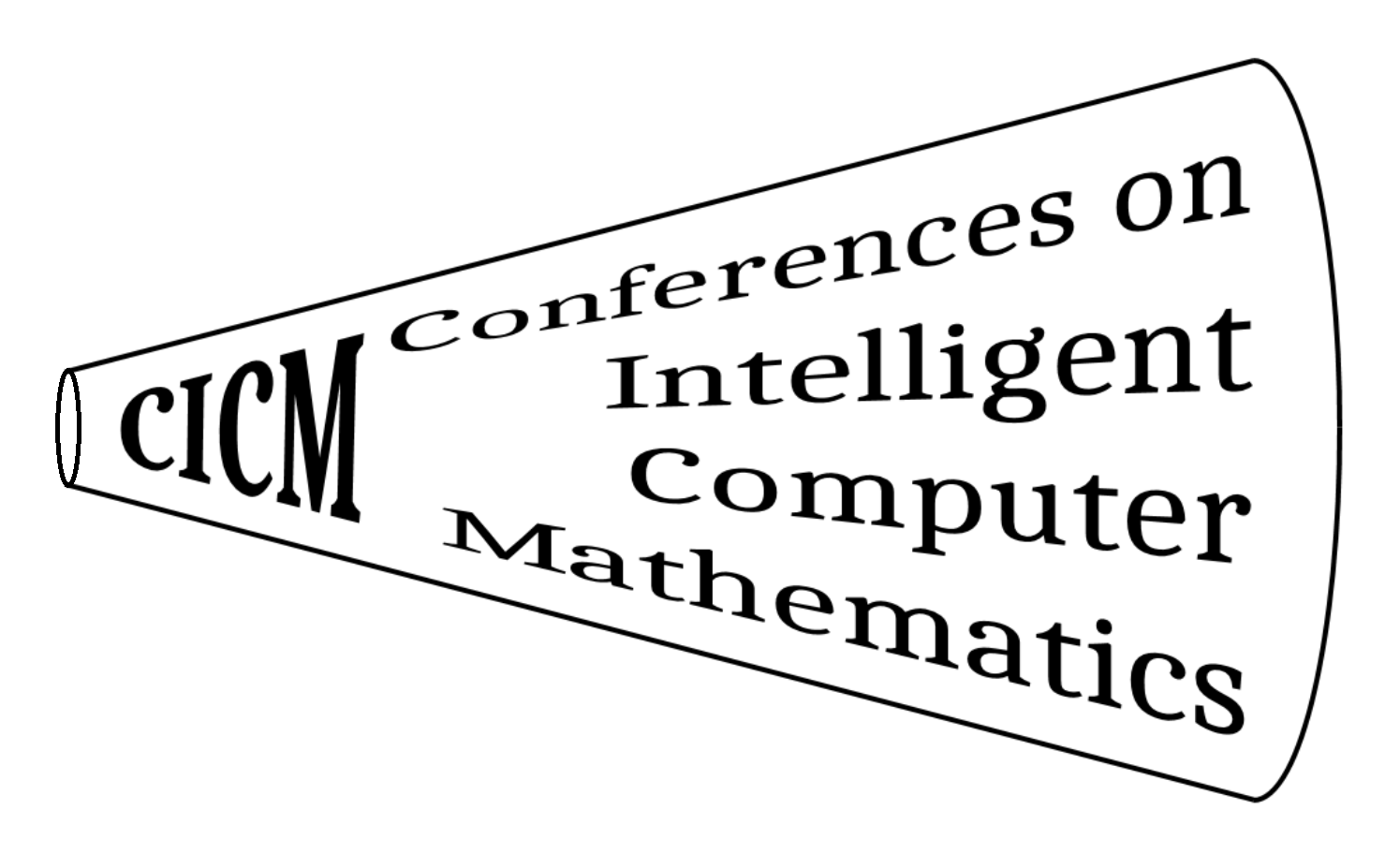MMT Tutorial (organizers Florian Rabe, Mihnea Iancu, Dennis Müller)MMT is a framework for designing formal languages and building knowlwedge management applications for them.
It systematically avoids a commitment to a representational paradigm, a particular concrete or abstract syntax, or a particular semantics and thus naturally subsumes type theories, logics, set theories, ontology languages, etc.
Therefore, designing knowledge representation languages and applications inside MMT can yield very strong systems at extremely low cost.
The tutorial will take place Friday morning and thus consist of 2 sessions separated by a coffee break. Session 1 (9:00-11:00): Language Design in MMTMMT does not fix a particular formal language: Individual languages are defined in MMT, which then induces full-fledged system support for them.In this tutorial, participants will
Session 2 (11:00-12:30): Application Design with MMTMMT does not fix a particular user-facing application or work flow: Individual applications are built based on customizable components provided by the MMT API.After giving an overview of the components and extension interfaces available to application developers, this part will give 3 mini-demos that participants can reproduce directly on their systems:
|
9th Conference on Intelligent Computer Mathematics
CICM 2016
July 25-29, 2016
Bialystok, Poland
You must enable JavaScript to use this site
-
News
- Springer Proceedings (LNAI 9791) online.
- workshop, doctoral programme, and WiPproceedings.
- Travel and venue infos
- Accepted papers online
- Schedule online
- 2 tutorials at CICM 2016 .
- 5 workshops at CICM 2016
- CICM 2016 site online
